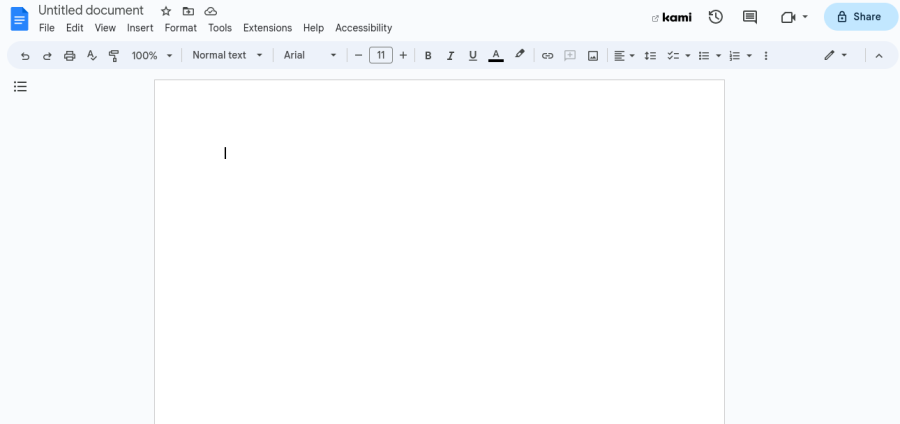The Recipe for an Essay
A Strong Essay
⭐⭐⭐⭐⭐
Yield: One Essay
Ingredients:
- A topic
- A goal
- A handful of strong, relevant sources
- Two separate Google Docs
- Time
How To:
1. Start by choosing your topic. You are going to be spending some time with it, so pick something that you are interested in or passionate about. Most assignments leave room for you to choose the direction of your paper. Ensure that your topic meets all requirements of the assignment, but don’t be afraid to steer it towards what you are interested in. “Write what you know” is the old adage that many writers live by. You don’t have to be an expert, you can research anything you don’t know, but pick something that you already are interested in. Find something you are excited about.
2. Don’t write pointlessly. Before you start, think about what you want to achieve. What do you want the reader to take away from your paper? Your job is to take the reader on a journey, so you have to know where you are going. You are weaving together information to bring them to your conclusion, so you need to know what that conclusion is.
3. Gather your sources. Open your first google Doc, which will be the home of your thought process. Start by making a list of sources. Just record the web address, don’t worry about a full citation yet. Look for sources that will add something to what you’re trying to say. Make sure they are relevant, don’t just pick a random article. Strong sources are the building blocks of a strong essay. 5-6 sources is usually a good amount to start with. Be sure to be mindful of any source requirements. If your assignment is on a book rather than research based, disregard this step for now. Just make sure you read the entire book.
4. Once you have enough sources to support your conclusion, build an outline. The structure I like best can be seen below.
|
5. Start with your thesis. This can change once you finish writing, but you need to have a working thesis. This will determine the structure of the rest of your paper. Your thesis should be like a map. It should state your topic, and the ideas you will be exploring, in the order they are presented in your paper. For example, if you are writing an essay about why cats are the best pets, your thesis could be something like “Cats are the best species of pet because they are independent, practical, and cute.” Then your paragraphs would be about their independence, how practical they are, and why they are cute, in that order.
6. Now is a good time to sort your sources. Which sources support which topic? If the assignment is based on a book, make a list of quotations (be sure to note page numbers!) that correspond to your topics and support your reasoning.
7. Once you have planned out what goes where and completed your outline, it’s time to begin writing. Open the other google Doc, to be the home of your essay. Follow your outline and just start typing. It should be fairly easy, as your hook and thesis are planned out, along with all of your evidence and reasoning. You are free to focus on language use and grammar.
8. Write until you feel you are done and have tied a bow on your topic. It’s just a first draft so just get the words on the page. They don’t have to be good yet.
9. Revision time! Put your document in suggesting/ commenting mode and read through your essay. Look for anything you think could be improved. I usually try to make this entertaining by roasting my writing in the comments, but it’s up to you. Don’t be afraid to rip your writing apart. The end result will be better because of it.
10. During your revision, take a look at the order of your paragraphs. Write down the purpose and topic of each paragraph, and make sure the sequence makes sense. Don’t be afraid to reorder them! This can also make it clear if you are missing a paragraph.
11. Once you are confident with how to write an essay, get creative. Play around with sentence and paragraph structure. Develop your own style. This structure is good to help you figure out where to start. Once you feel confident, make it your own.

Sara is a senior who has been writing for EMC for six years. She is involved in many clubs, including Robotics, Impressions, Science Club, NHS, and EMC....

